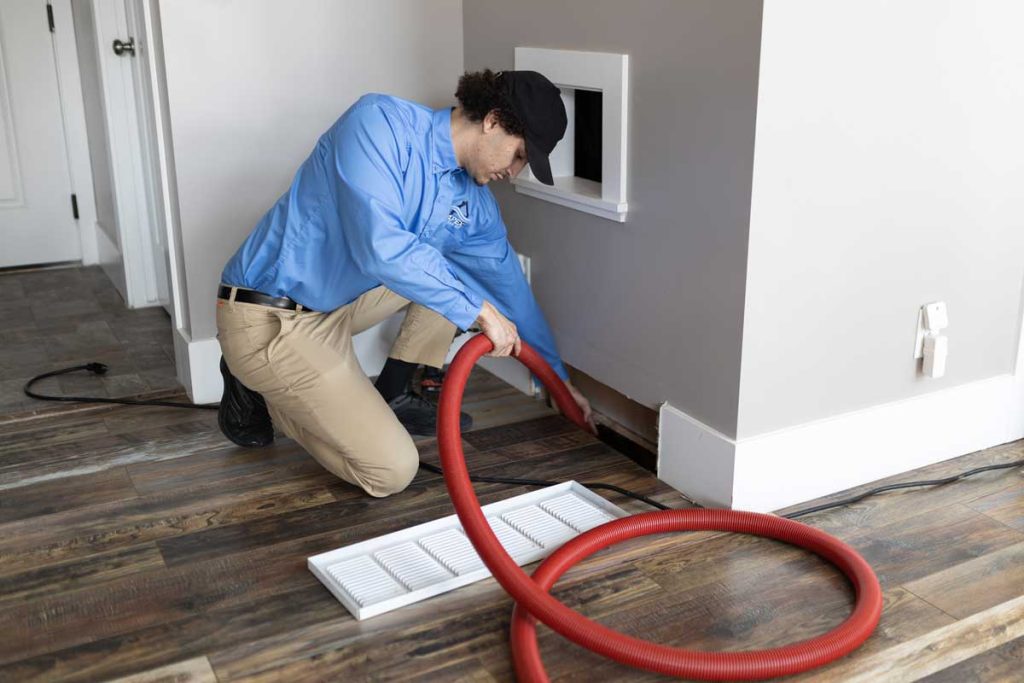Are you curious about what is damper in HVAC system and how it impacts your heating and cooling efficiency? Well, you’re in the right place! In this article, we’re diving deep into the world of HVAC dampersa crucial component that can tremendously improve the comfort of your home or business.

Introduction to HVAC Systems
Heating, Ventilation, and Air Conditioning (HVAC) systems are integral to maintaining a comfortable indoor environment. The role of an HVAC system extends from providing warm air during winter to cool air during summer, ensuring indoor air quality all year round.
What is a Damper in HVAC System?
The Basics
In simple terms, a damper is a valve or plate that regulates the airflow inside your HVAC system. It’s a crucial part of the system that helps control the amount of air that travels through the ducts, vents, and rooms in your building.
Why Dampers Are Important
Think of dampers as traffic cops for air: they direct and control air pathways, ensuring that different areas in a home or office get the right amount of heating or cooling. This helps in maintaining optimal indoor conditions while also saving energy.
Types of Dampers
Manual Dampers
Manual dampers are controlled by hand and are usually found in residential HVAC systems. Theyre cost-effective and straightforward to use but require frequent adjustments to maintain balance.
Automatic Dampers
Automatic dampers work using motors and sensors and are often found in commercial setups. They offer more precise control and are highly efficient, although they come at a higher cost.
Benefits of Using Dampers in HVAC Systems
Enhanced Comfort
With the correct use of dampers, you can achieve a higher level of comfort by eliminating hot and cold spots in your home or office.
Energy Efficiency
By controlling airflow, dampers help reduce energy consumption. Optimized energy use translates to lower utility bills.
Extended Lifespan of HVAC System
Proper airflow management decreases the strain on your HVAC system, prolonging its lifespan.
How Dampers Work
Dampers work by adjusting their position within the ductwork, opening or closing to varying degrees based on the requirements. In some advanced systems, dampers are controlled via smart thermostats, ensuring seamless operation and optimal efficiency.
Common Problems and Solutions with Dampers
Stuck Dampers
Over time, dampers can get stuck due to dirt and debris. Regular maintenance and cleaning can mitigate this issue.
Improper Balance
If your home or office has temperature imbalances, it could be due to dampers not functioning correctly. A professional HVAC technician can help recalibrate them.
When to Replace Your Damper
Like all mechanical components, dampers have a lifespan. Frequent malfunctions or inefficiency are signs that your damper might need replacement.
DIY vs. Professional Maintenance
While some minor adjustments can be done DIY, it’s advisable to have a professional perform routine maintenance to ensure your dampers and HVAC sys tem are working efficiently.
tem are working efficiently.
Cost-Effectiveness of Dampers
Though an initial investment is required, the long-term benefits in terms of energy savings and enhanced comfort make dampers a cost-effective addition to any HVAC system.
FAQs
1. What is the role of a damper in an HVAC system?
The damper controls and directs the flow of air within the HVAC system.
2. How often should dampers be checked?
It’s advisable to check your dampers during every seasonal HVAC maintenance check.
3. Can I install a damper myself?
While some dampers can be installed as a DIY project, it’s usually best to consult a professional.
For more information on other HVAC components, you can read about HVAC system parts.
Additionally, if youre interested in keeping your air ducts clean, here’s a detailed guide on air duct cleaning.